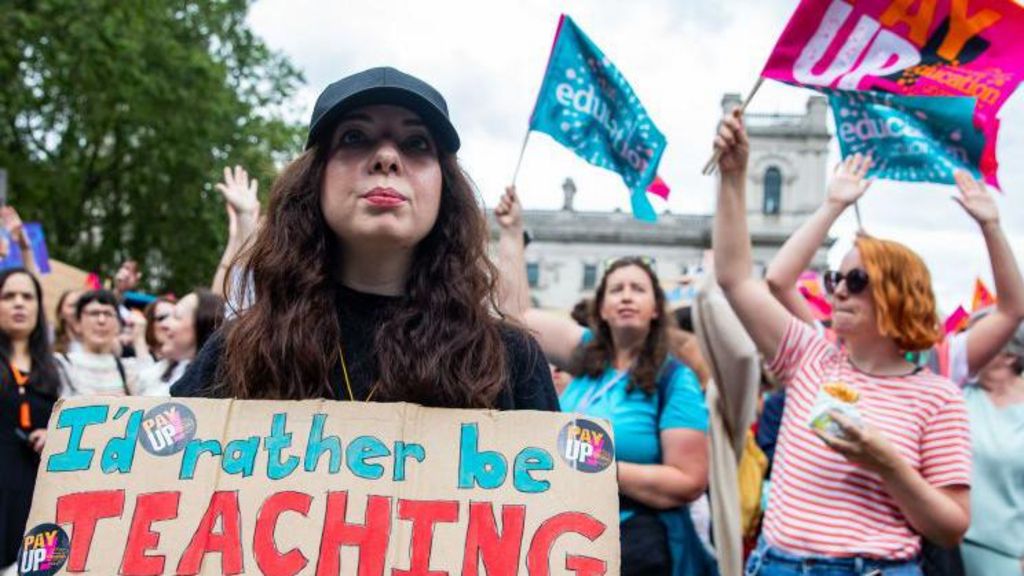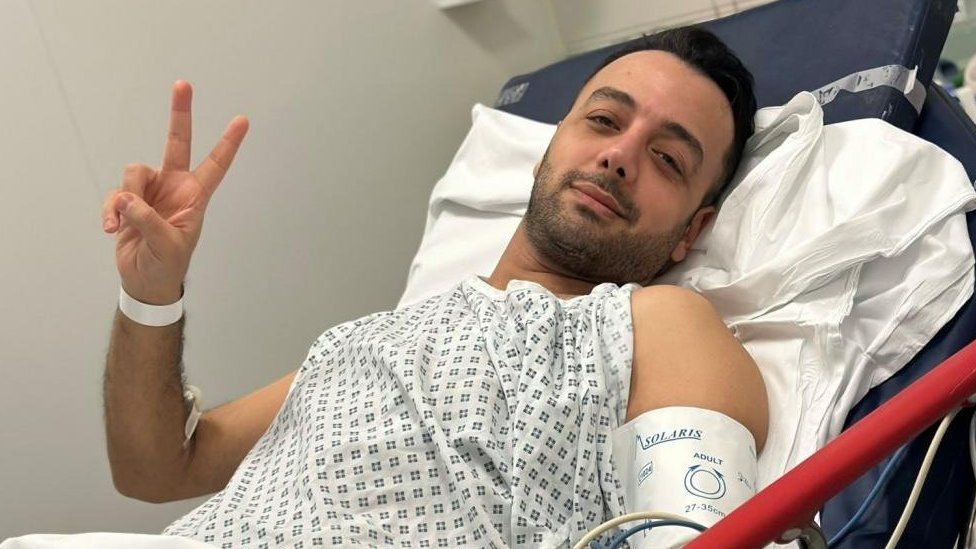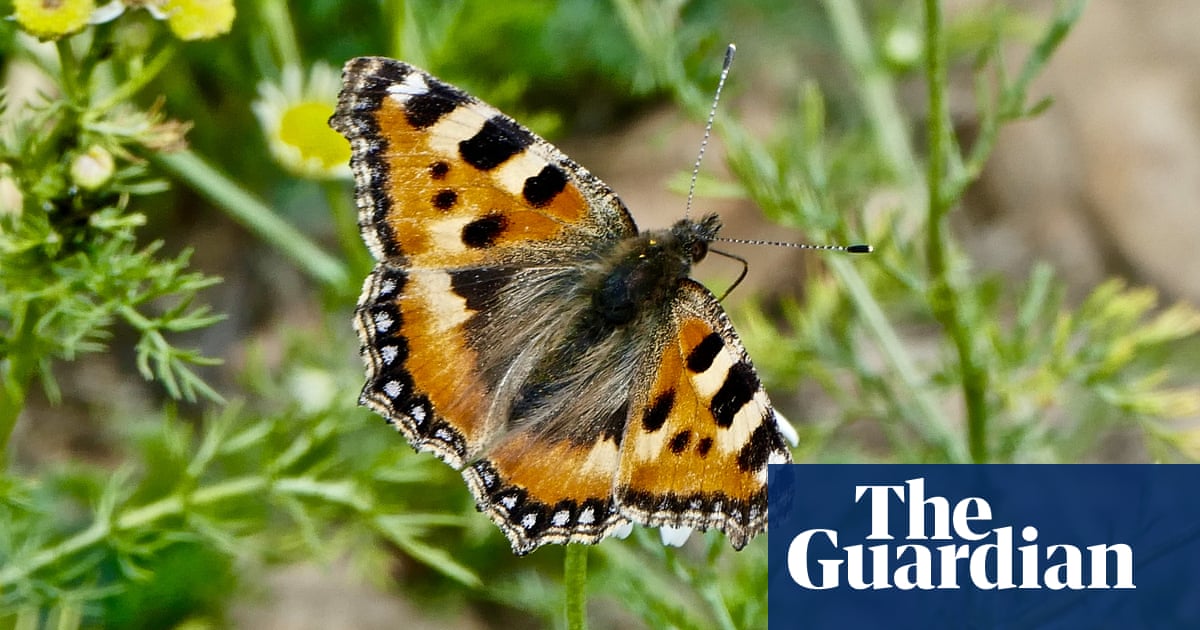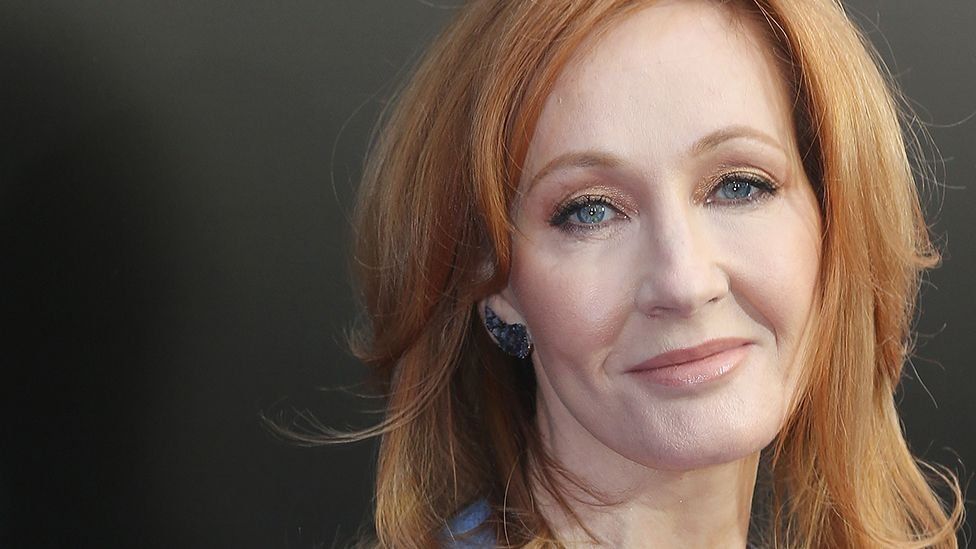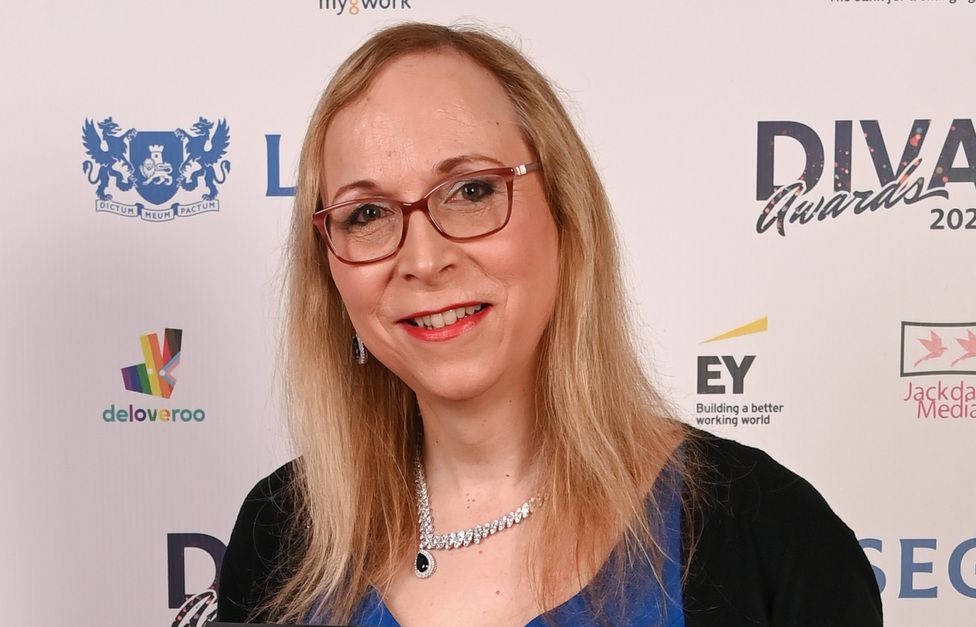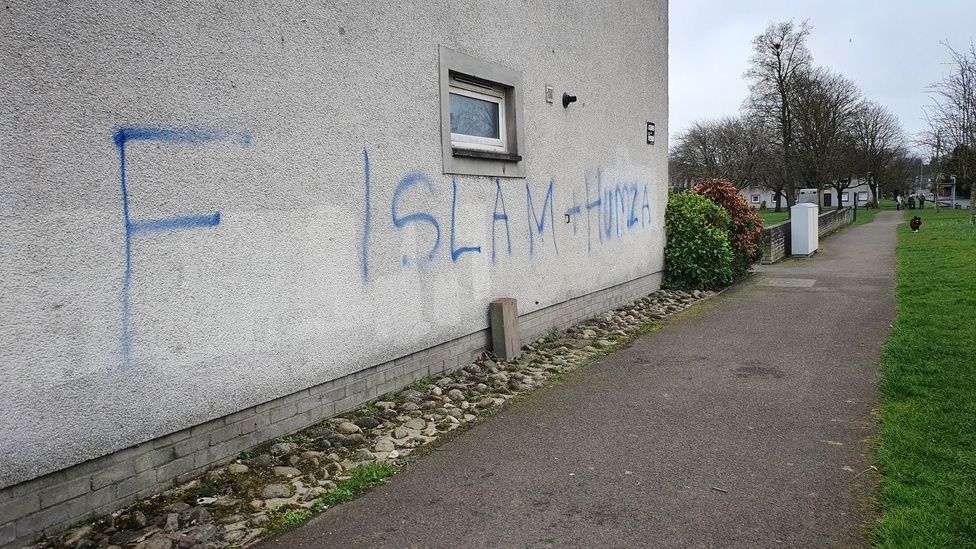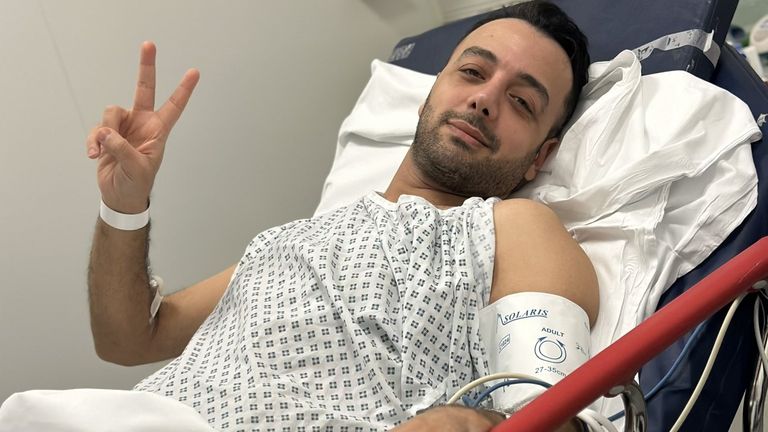Three former supreme court justices, including the court’s former president Lady Hale, are among more than 600 lawyers, academics and retired senior judges warning that the UK government is breaching international law by continuing to arm Israel.
In a letter to the prime minister, the signatories, who also include former court of appeal judges and more than 60 KCs, say that the present situation in Gaza is “catastrophic” and that given the international court of justice (ICJ) finding that there is a plausible risk of genocide being committed, the UK is legally obliged to act to prevent it.
The 17-page letter, which also amounts to a legal opinion, was sent on Wednesday evening and says: “While we welcome the increasingly robust calls by your government for a cessation of fighting and the unobstructed entry to Gaza of humanitarian assistance, simultaneously to continue (to take two striking examples) the sale of weapons and weapons systems to Israel and to maintain threats of suspending UK aid to Unwra falls significantly short of your government’s obligations under international law.”
It comes as Conservative MPs piled pressure on Rishi Sunak to act after seven international aid workers, including three British citizens, were killed by an Israeli airstrike in Gaza on Monday. Party sources believe that the foreign secretary, David Cameron, has been pushing for the government to harden its approach to Israel but has been met with resistance from Downing Street.
Three Tory backbenchers and one former minister now in the Lords said that the UK should stop exporting arms to Israel after the airstrike, while the findings of a YouGov poll, conducted before the strike, suggested that the government and Labour are out of step with public sentiment, with a majority of voters – by 56% to 17% – in favour of an arms ban.
The letter calls for the government to work towards a permanent ceasefire and to impose sanctions “upon individuals and entities who have made statements inciting genocide against Palestinians”. It says that restoring funding to Unrwa – which was withdrawn after Israel’s yet-to-be-substantiated allegations that 12 staff at the United Nations agency for Palestinian refugees were involved in the 7 October attacks – is necessary for “effective entry and distribution of the means of existence to Palestinians in Gaza, and by extension the prevention of genocide”.
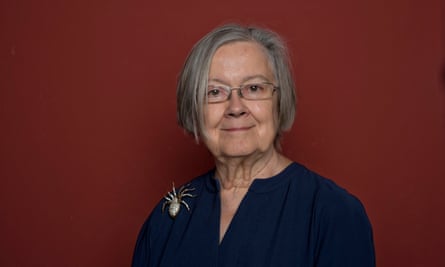
On arming Israel, it says: “The ICJ’s conclusion that there exists a plausible risk of genocide in Gaza has placed your government on notice that weapons might be used in its commission and that the suspension of their provision is thus a ‘means likely to deter’ and/or ‘a measure to prevent’ genocide.”
The Conservative MPs David Jones, Paul Bristow and Flick Drummond, and the Tory peer Hugo Swire, all called for the suspension of arms exports to Israel after Peter Ricketts, who was a government national security adviser during David Cameron’s premiership and now sits in the Lords, expressed similar sentiments.
Drummond, the MP for Meon Valley, said: “This has been concerning me for some time. What worries me is the prospect of UK arms being used in Israel’s actions in Gaza, which I believe have broken international law.”
Lord Ricketts told BBC Radio 4’s Today programme: “I think there’s abundant evidence now that Israel hasn’t been taking enough care to fulfil its obligations on the safety of civilians. And a country that gets arms from the UK has to comply with international humanitarian law. That’s a condition of the arms export licence.”
The Scottish first minister, Humza Yousaf, warned that by refusing to stop arms sales to Israel, “the UK is in danger of being complicit in the killing of innocent civilians”.
The letter’s significance lies not just in the number of signatories but the fact that it has been signed by senior retired judges, who normally shy away from commenting publicly on issues that are politically sensitive.
Prominent signatories include the former supreme court justices Lord Sumption and Lord Wilson, the former Lord Justices of Appeal Sir Stephen Sedley, Sir Alan Moses, Sir Anthony Hooper and Sir Richard Aikens, and the former chair of the Bar of England and Wales, Matthias Kelly KC.
They say in the letter: “The UK must take immediate measures to bring to an end through lawful means acts giving rise to a serious risk of genocide. Failure to comply with its own obligations under the genocide convention to take ‘all measures to prevent genocide which were within its power’ would incur UK state responsibility for the commission of an international wrong, for which full reparation must be made.”
The letter goes further – and has a more eminent list of signatories – than a previous one sent to Sunak in October, concerning the government’s obligations to avert and avoid complicity in serious breaches of international humanitarian law.
It says there have since been “significant developments” in relation to the situation in Gaza. These include the interim orders issued by the ICJ and the worsening situation in Gaza, with at least 32,623 Palestinians killed by the Israeli offensive, “imminent famine”, caused by Israel’s blocking of aid, the destruction of health facilities, killings of healthcare and humanitarian workers, and reports of torture and inhuman or degrading treatment.
One of the signatories, Phillippa Kaufmann KC, said: “That so many senior members of the UK legal profession are speaking with such force to urge the government to act upon its legal obligations, demonstrates the depth of our concern about the clear evidence of gross violations of international law in Gaza.”
The letter also calls on the government to continue to “use all endeavours” to secure the release of the Israeli hostages seized in the 7 October attacks in which Hamas and other militant groups killed approximately 1,200 people in Israel.
The UK government has refused to publish its own legal advice on the matter but a leaked recording suggests its own lawyers have advised that Israel has breached international humanitarian law in Gaza.
Sunak told the Sun on Wednesday night that arms licences were kept under “careful” review according to “regulations and procedures that we’ll always follow”.
Guardian Newsroom: Crisis in the Middle East
On Tuesday 30 April, 7-8.15pm GMT, join Devika Bhat, Peter Beaumont, Emma Graham-Harrison and Ghaith Abdul-Ahad as they discuss the fast-developing crisis in the Middle East. Book tickets here or at theguardian.live
https://news.google.com/rss/articles/CBMieWh0dHBzOi8vd3d3LnRoZWd1YXJkaWFuLmNvbS93b3JsZC8yMDI0L2Fwci8wMy9mb3JtZXItc3VwcmVtZS1jb3VydC1qdWRnZXMtc2F5LXVrLWFybWluZy1pc3JhZWwtYnJlYWNoZXMtaW50ZXJuYXRpb25hbC1sYXfSAXlodHRwczovL2FtcC50aGVndWFyZGlhbi5jb20vd29ybGQvMjAyNC9hcHIvMDMvZm9ybWVyLXN1cHJlbWUtY291cnQtanVkZ2VzLXNheS11ay1hcm1pbmctaXNyYWVsLWJyZWFjaGVzLWludGVybmF0aW9uYWwtbGF3?oc=5
2024-04-03 22:59:00Z
CBMieWh0dHBzOi8vd3d3LnRoZWd1YXJkaWFuLmNvbS93b3JsZC8yMDI0L2Fwci8wMy9mb3JtZXItc3VwcmVtZS1jb3VydC1qdWRnZXMtc2F5LXVrLWFybWluZy1pc3JhZWwtYnJlYWNoZXMtaW50ZXJuYXRpb25hbC1sYXfSAXlodHRwczovL2FtcC50aGVndWFyZGlhbi5jb20vd29ybGQvMjAyNC9hcHIvMDMvZm9ybWVyLXN1cHJlbWUtY291cnQtanVkZ2VzLXNheS11ay1hcm1pbmctaXNyYWVsLWJyZWFjaGVzLWludGVybmF0aW9uYWwtbGF3
